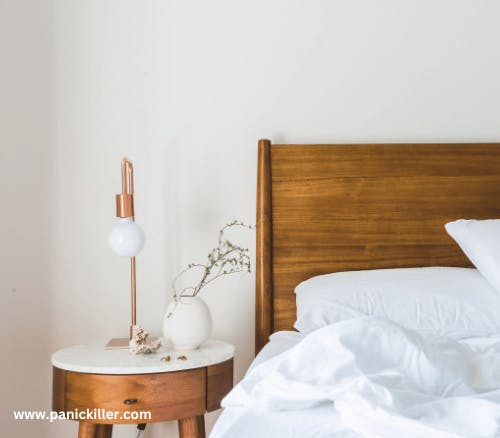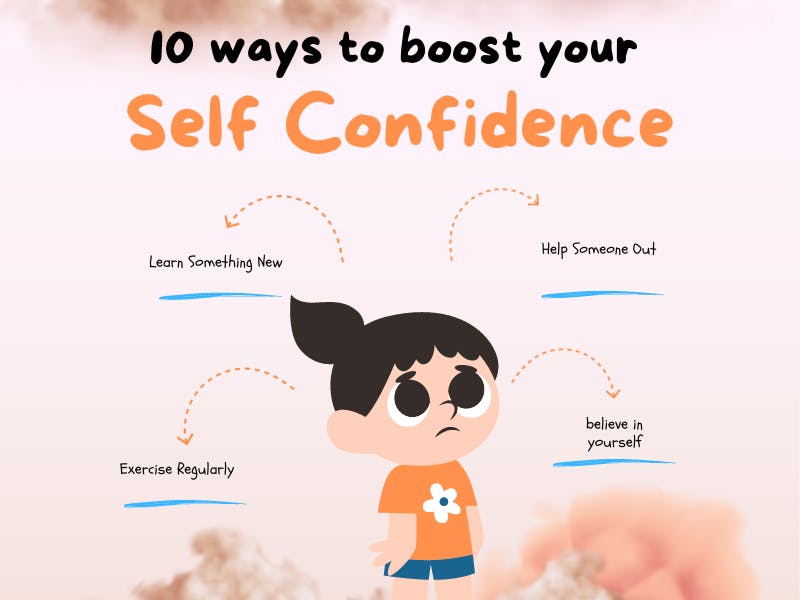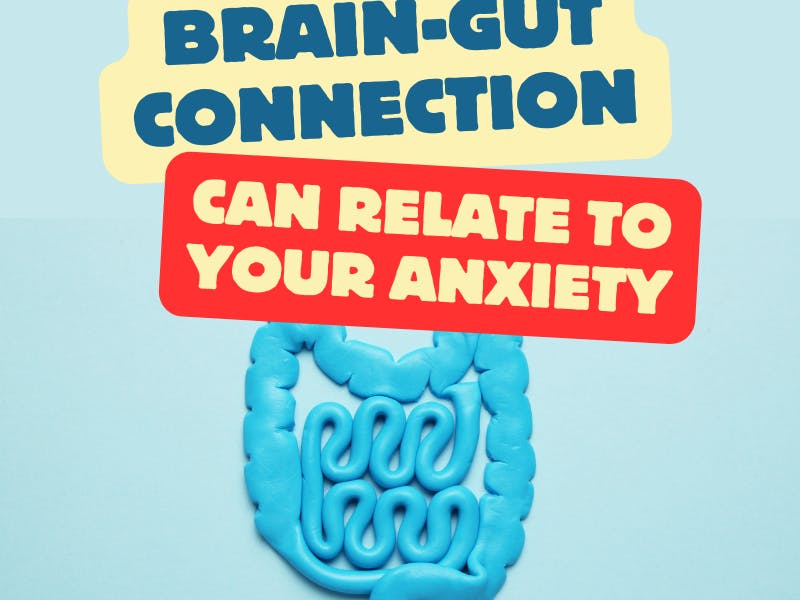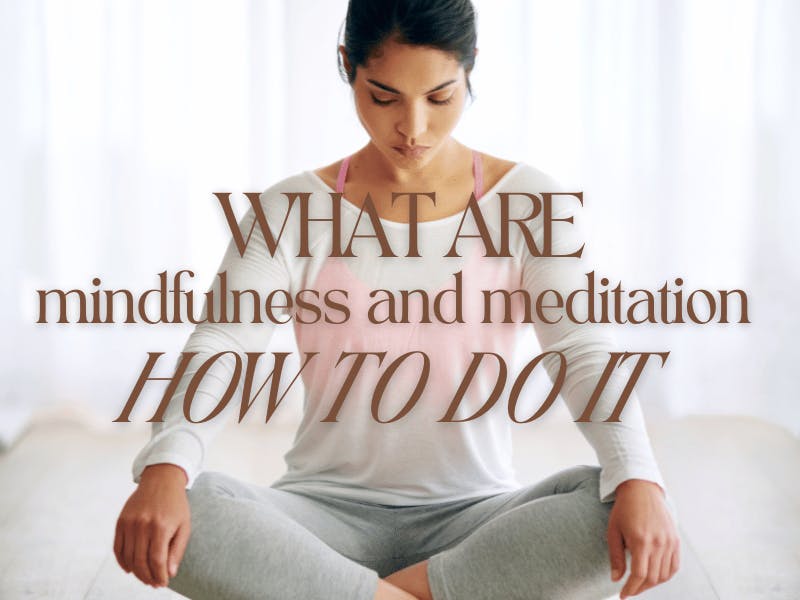
Anxiety and Sleep Disorders: Tips for Better Sleep and Restful Nights
Jan 16, 2024
Establish a Consistent Sleep Routine
Develop a regular sleep schedule by going to bed and waking up at the same time every day, even on weekends. This helps regulate your body's internal clock and promotes better sleep.
Create a Relaxing Bedtime Ritual
Engage in calming activities before bed to signal your body and mind that it's time to unwind. Consider activities such as reading a book, taking a warm bath, practicing relaxation exercises, or listening to soothing music.
Create a Comfortable Sleep Environment
Make your bedroom a sleep-friendly space. Ensure your mattress and pillows are comfortable, the room is dark and quiet, and the temperature is cool. Use blackout curtains, earplugs, or a white noise machine if necessary.

Limit Exposure to Electronic Devices
The blue light emitted by electronic devices can interfere with your sleep. Avoid using smartphones, tablets, or computers for at least an hour before bedtime. Instead, engage in calming activities that promote relaxation.

Practice Stress Management Techniques
Incorporate stress management techniques into your daily routine to reduce anxiety before bedtime. This can include deep breathing exercises, meditation, journaling, or gentle stretching. Find what works best for you.
Avoid Stimulants
Limit or avoid consuming stimulants such as caffeine, nicotine, and alcohol, especially in the evening. These substances can disrupt sleep patterns and increase anxiety levels.

Engage in Regular Physical Activity
Regular exercise during the day can help improve both anxiety and sleep quality. Engage in moderate exercise, such as walking, jogging, or yoga, but avoid exercising too close to bedtime as it can be stimulating.
Practice Cognitive-Behavioral Techniques
Consider cognitive-behavioral therapy (CBT) techniques specifically designed for managing anxiety-related sleep issues. These techniques can help challenge negative thoughts, establish healthier sleep habits, and reduce anxiety symptoms.
Listening to Soothing Music
Listening to relaxing and soothing music before bed can help calm your mind and create a peaceful environment for sleep. Choose instrumental tracks, nature sounds, or soft melodies that promote relaxation and reduce anxiety. Create a playlist of your favorite calming songs and incorporate it into your bedtime routine.
Breathing Exercises
Engaging in deep breathing exercises can help activate your body's relaxation response and alleviate anxiety. Practice breathing by inhaling deeply through your nose, filling your belly with air, and exhaling slowly through your mouth. Focus on your breath and repeat this pattern several times, allowing yourself to feel more calm and centered before sleep. Try the breathing guide on Panic Killer.
Seek Professional Help
If your anxiety and sleep problems persist despite implementing these tips, consider seeking professional help. A therapist or sleep specialist can provide further guidance and tailored strategies to address your specific needs.
By implementing these tips, you can improve your sleep quality, manage anxiety, and experience more restful nights.
Remember that finding the right strategies may take time, so be patient with yourself and prioritize self-care. Better sleep is attainable, even with anxiety.




